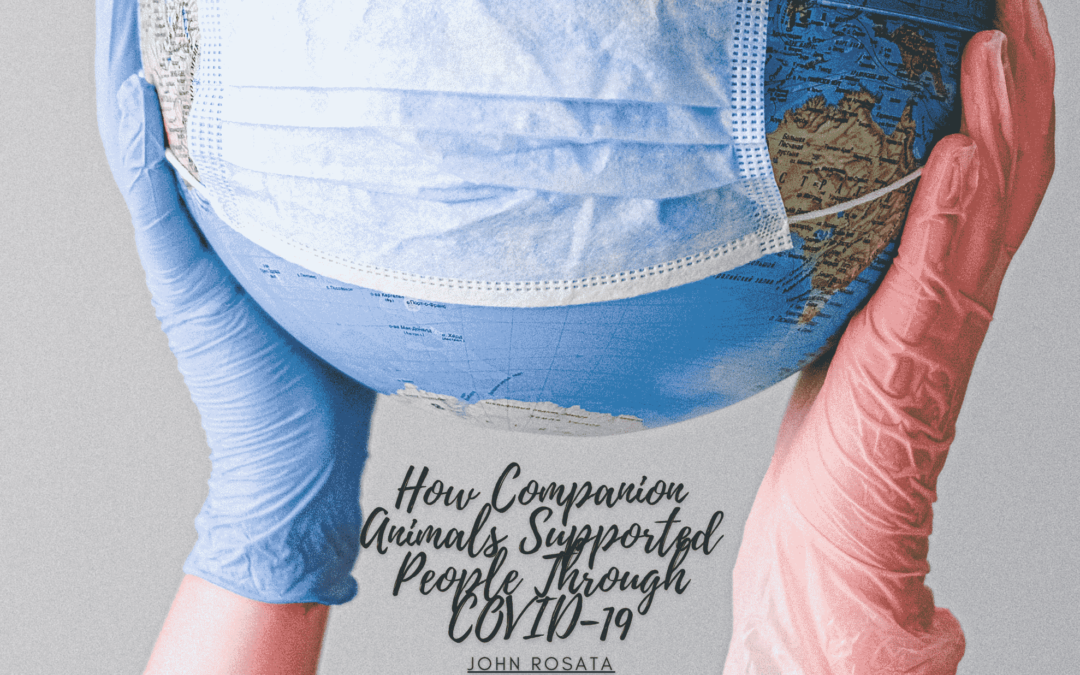Companion animals are often seen as a source of comfort and support for people with mental illness. This is especially true for those who have experienced trauma, leading to PTSD, depression, anxiety disorders, substance abuse problems, or other mental health conditions. According to the Centers for Disease Control and Prevention (CDC), over 50% of all households in the U.S. include at least one pet cat or dog.
However, much less research has been conducted on how companion animals might impact someone’s recovery from COVID-19. Pets were beneficial during the COVID-19 pandemic to their owners. They provided many benefits such as decreasing loneliness and isolation, improving mood, reducing stress, and providing unconditional love.
Decreasing Loneliness and Isolation
An international team of researchers has discovered that companion animals may effectively decrease loneliness and isolation during the COVID-19 pandemic. These results indicate those companion animals may be effective in reducing loneliness and isolation during the COVID-19 pandemic. This information could be used to develop companion animal programs, which would allow companion animals to play a more active role in decreasing the adverse outcomes of the pandemic among humans.
Improving Mood
After controlling for other variables, researchers found those companion animals were associated with decreased depression scores after the COVID-19 outbreak. This means that participants reported reduced depressive symptoms when companion animals were present in their households during the COVID-19 pandemic.
Providing Unconditional Love
One of the most challenging parts of surviving a pandemic or other catastrophe is dealing with stress. Despite it all, companion animals provided unconditional love during the COVID-19 pandemic. Companion animals provided invaluable comfort and distraction from symptoms like fever and nausea for those who stayed indoors.
The response to the pandemic is a reminder that animals are not just important in our lives; they support us when needed the most. When COVID-19 struck, and people were struggling with isolation and loneliness, their companion animal was there for them. These animals helped keep these people safe and healthy during this difficult time so they could return home to friends and family as soon as possible. Today, companion animals continue to be an integral part of society – helping children read through autism therapy sessions or providing comfort after surgery at veterinary hospitals.
